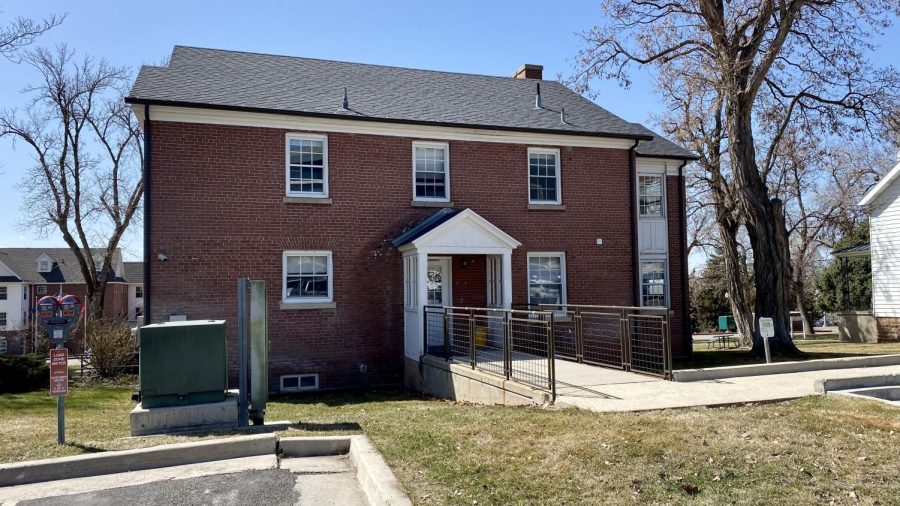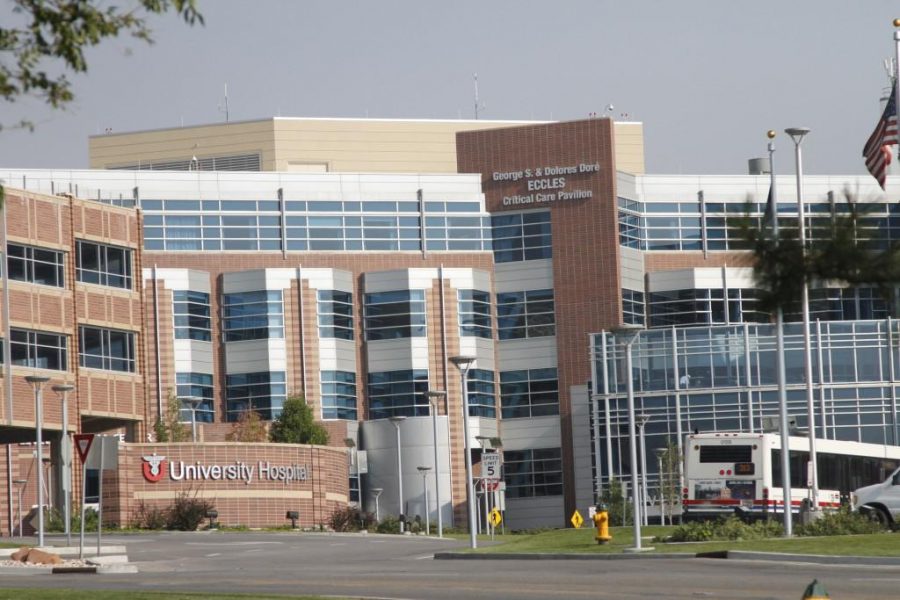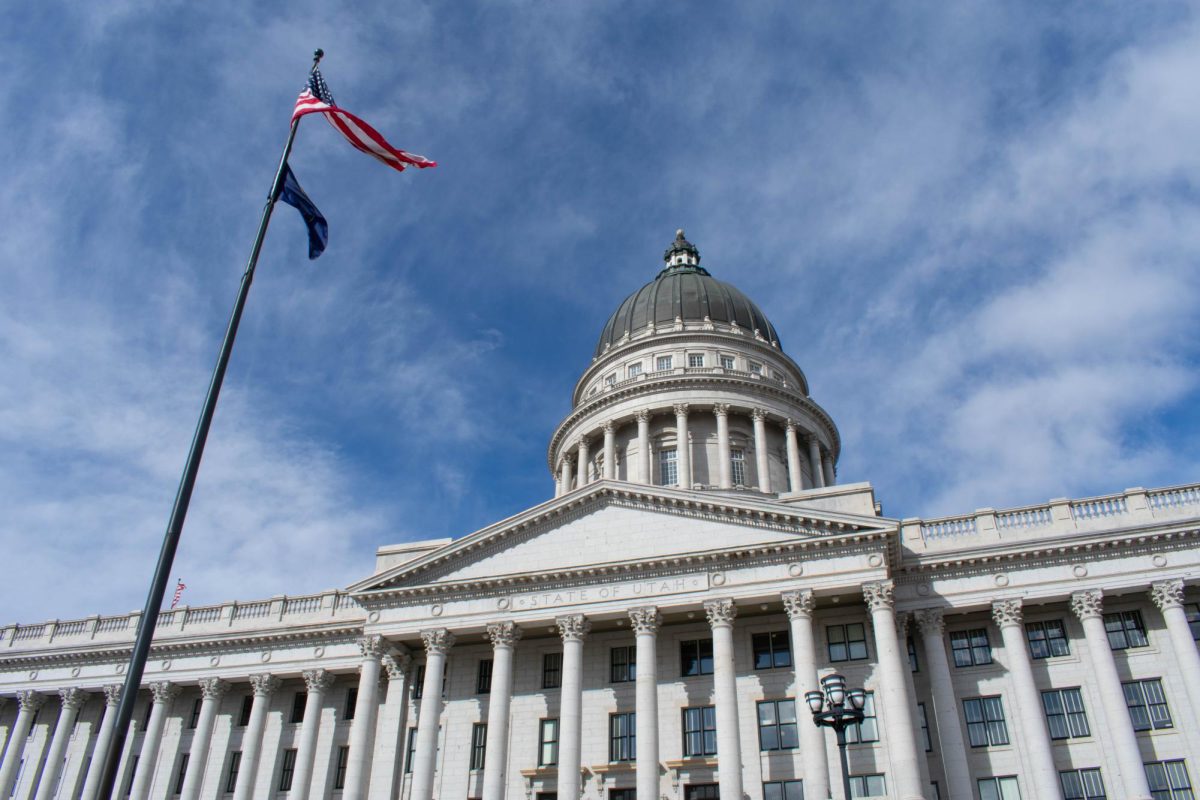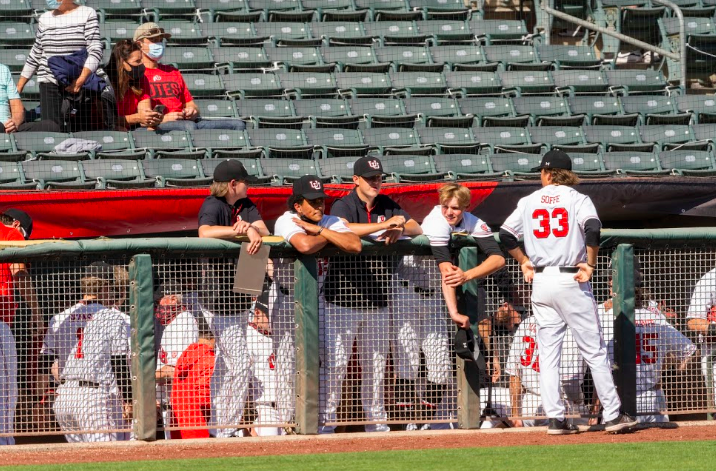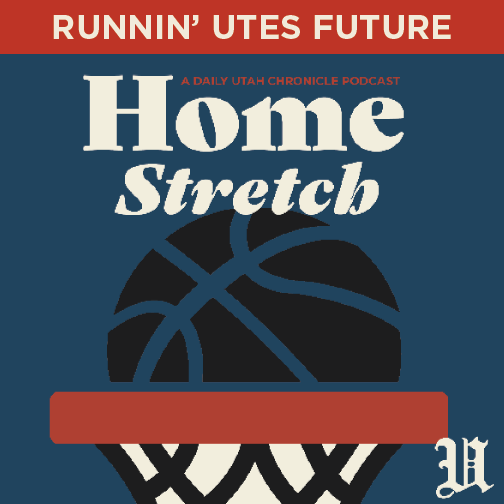EDI Receives $100k to Develop Black Cultural Center and HBCU Programs
The Black Cultural Center at the University of Utah in Salt Lake City on Saturday, March 24, 2022. (Photo by Jonathan Wang | The Daily Utah Chronicle)
March 5, 2023
Equity, Diversity, and Inclusion at the University of Utah was recently awarded over $100,000 in grants by the NBA Foundation and PepsiCo. The NBA Foundation awarded $50,000 to be split between the Historically Black Colleges and Universities Partnership and the Black Cultural Center, and PepsiCo’s grant of $50,000 was devoted solely to supporting the BCC’s Operation S.U.C.C.E.S.S.
These donations will be used to boost and enhance the programs at the HBCU and the Black Cultural Center, said Jasen Lee, public relations and communications manager for Equity, Diversity and Inclusion.
“For the Black Cultural Center, any money that is able to help them promote their programs provides a lot of impact to our local community and to college students,” Lee said.
With more financial support, Lee explained the Black Cultural Center’s programs will be able to broaden their reach outside of the U and assist Black students who live in the area nearby or are thinking of coming to the U.
“The BCC’s programs don’t just reach the university,” Lee said. “It does some of its work outside to help young students who are coming up from junior high or high school age to give them some help, possibly some direction, and some resources that allow them to have an opportunity to dream of what their lives could be like and some of the impacts they could make.”
Rodney Cohen, HBCU partnerships manager at the U, said the grants given to the center will also be used to support their Generation Next Program, a program directed at developing professional skills needed for after college.
“The Generation Next program … will provide professional development workshops, skills training interaction, and professional mixers with corporate folks throughout Salt Lake City throughout the year,” Cohen said.
As the HBCU and the Black Cultural Center continue to acquire more resources and funding, Cohen said this allows for the number of programs they have to grow. A new program called Alternative Spring Break is now in development.
“We’re going to access some of those resources to incorporate a program where [companies] are going to partner with the HBCU and we’re going to create what we call the Alternative Spring Break,” Cohen said. “We’re going to provide an opportunity where we expose some of our African American students at the University of Utah to some of the historically Black colleges around the country.”
According to Cohen, some of the historically Black colleges the HBCU is working with to build this program are Howard University, Morgan State University, Morehouse College, Alcorn State University, North Carolina A&T University and Florida A&M University.
Lee said the new Alternative Spring Break program is groundbreaking for Black students and marks one of the first times a Research 1 university has partnered with a historically Black college.
“This program, though it’s certainly not the first, is among the first of the Tier 1 universities to make a partnership with historically Black colleges and universities,” Lee said. “The opportunities for collaboration to provide equity and inclusion and belonging are infinite.”
Cohen said being able to develop programs like Generation Next and Alternative Spring Break show that the U is committed to expanding its diversity efforts, and is putting in the work to make these programs work effectively.
“[These programs] show that the University of Utah at the highest level is committed to providing substantive work measurable to providing efforts in diversity and expose their students to a number of opportunities in this area,” Cohen said. “It’s important to show that we’re trying to create a genuine authentic partnership with HBCUs that can be sustainable over time.”
In addition, Lee said opportunities like the ones provided by the Black Cultural Center and HBCU are creating chances for Black youth to succeed, helping them make connections that will enhance their college experience and their careers in the future.
“To give them an opportunity to see in themselves that they do have the intellectual know-how, and now they have an opportunity to see how they can make those steps because they will be in contact with people with resources,” Lee said. “If you’ve ever become an adult, what you find is that … knowing people who know people or know-how to point you in the right direction is invaluable.”


